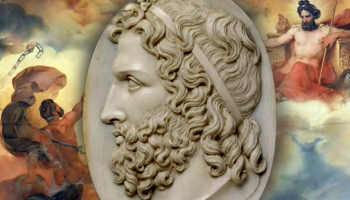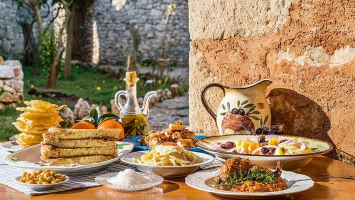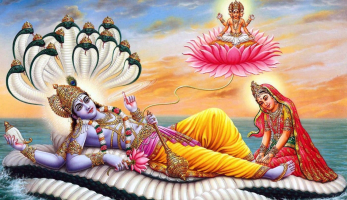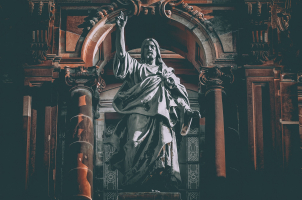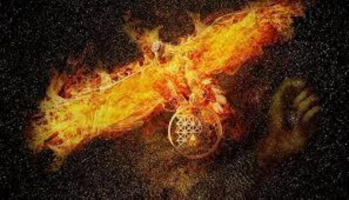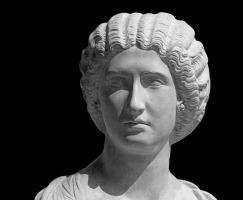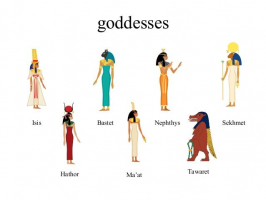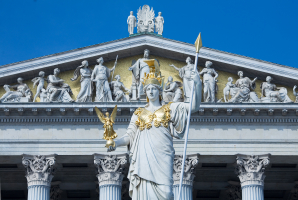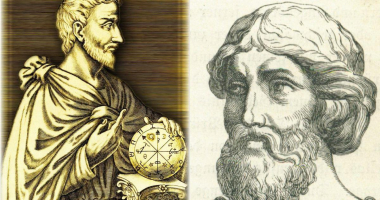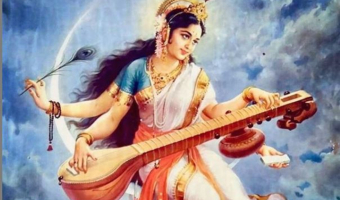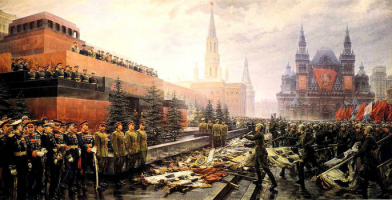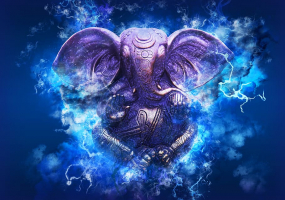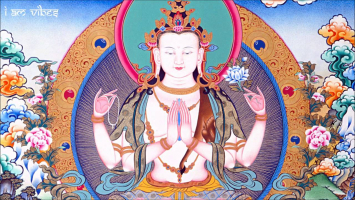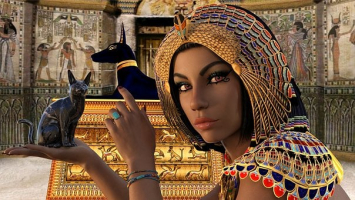Top 6 Most Powerful Ancient Greek Gods
Since the ancient Greeks believed in a wide variety of gods and spirits, the number of Greek Gods is enormous. Due to their poor understanding of the universe, ... read more...ancient people ascribed supernatural causes to natural occurrences. There were gods and goddesses everywhere, and they shaped how people lived. Join Toplist to learn about ancient Greek Gods.
-
Zeus was the most powerful of the ancient Greek Gods. His name is a cognate of Jupiter's initial element in the Roman language. His mythology and abilities are comparable to those of Indo-European gods like Jupiter, Perknas, Perun, Indra, and Dyaus, however they are not the same. His fury influenced the weather because he was the god of the sky and ruler of Olympus. Zeus was worshipped in most ancient Greek houses through altars, shrines, and daily sacrifices since he also governs over all other gods and goddesses. Zeus was able to change his shape, and he was also wed to Hera, the goddess monarch.
Even the gods who are not his biological offspring address him as Father, and all the gods rise in his presence. He was revered as an allfather who oversaw the other gods and served as their leader. The fact that he was compared to so many different foreign weather deities allowed Pausanias to write, "That Zeus is ruler in heaven is a statement universal to all mankind." Thunderbolt, eagle, bull, and oak are images of Zeus. The traditional "cloud-gatherer" inherits Indo-European ancestry in addition to some iconographic characteristics from ancient Near Eastern societies, such as the scepter. Greek painters typically show Zeus in one of three positions: standing, advancing while holding a thunderbolt aloft in his raised right hand, or reclining in splendor.
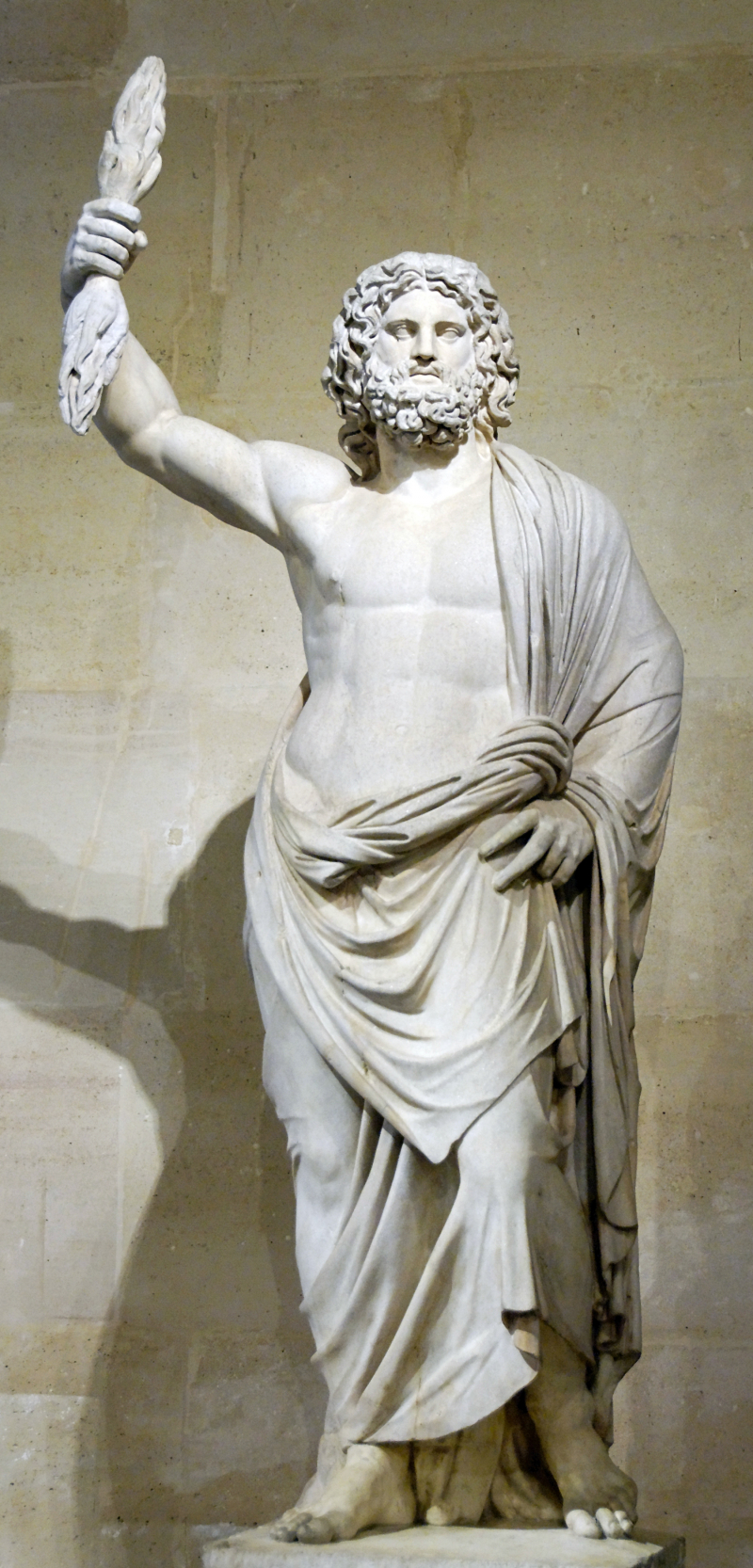
Photo: Wikipedia - Zeus 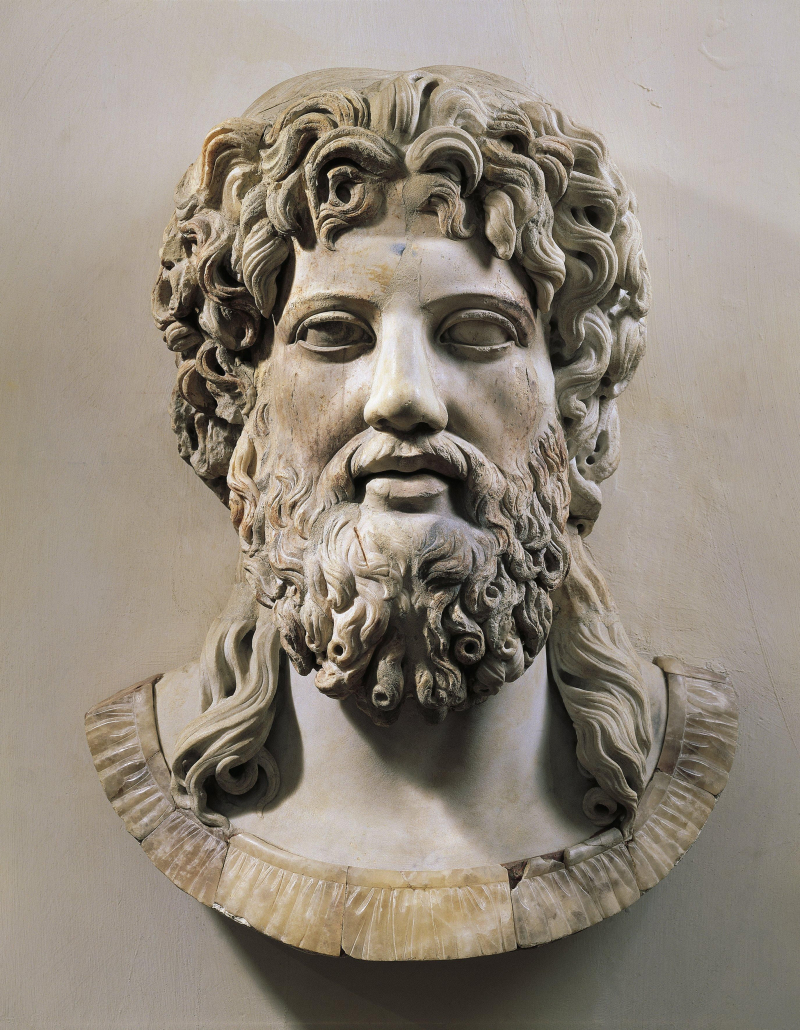
Photo: ThoughtCo - Profile of the Greek God Zeus -
Sailors would pray to Poseidon before journeys in order to assure safe passage since, like Zeus, Poseidon's fury controlled the waves.
The significance of Poseidon's name is unknown to us because it is very old. Both "husband of the earth" and "lord of the seas" have been proposed as translations by different authors. It is considerably less plausible that it signifies "knower of many things," as Plato claims. Poseidon is only recognized as a sea deity now, although he may have also served as the supreme god of the sky, the god of the land and fertility, or possibly both. In fact, Zeus, a distinguished, bearded guy with thick, curling hair and piercing eyes, often resembles him in depictions. According to Homer, his scream was louder than all ten thousand men put together.
He is frequently seen riding a four-horse chariot and dodging waves while brandishing a trident. Though his son Triton also wears one, the trident is his most known symbol. It is supposed that Skyphios, the first horse, was made when Poseidon used his trident to strike a rock. The Giant Polybotes were interred beneath a chunk of the island Kos that had been broken off by the god during the Gigantomachy. Today's island Nisyros was created from this fragment.
The Ancient Greeks used a number of epithets to characterize Poseidon's manifestations and to pray to him since he had diverse abilities. He was the "Savior of Sailors" to some and the "Averter of Earthquakes" to others. However, to a third and fourth group, respectively, he was revered as "The Creator and Tamer of Horses" and "The Leader of Nymphs."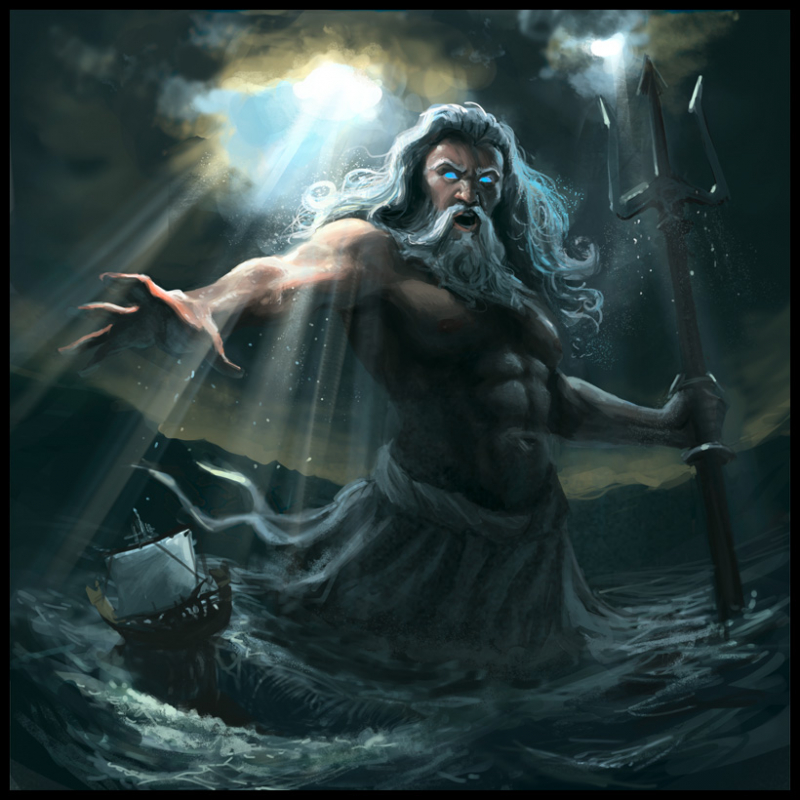
Photo: Surfing - Poseidon 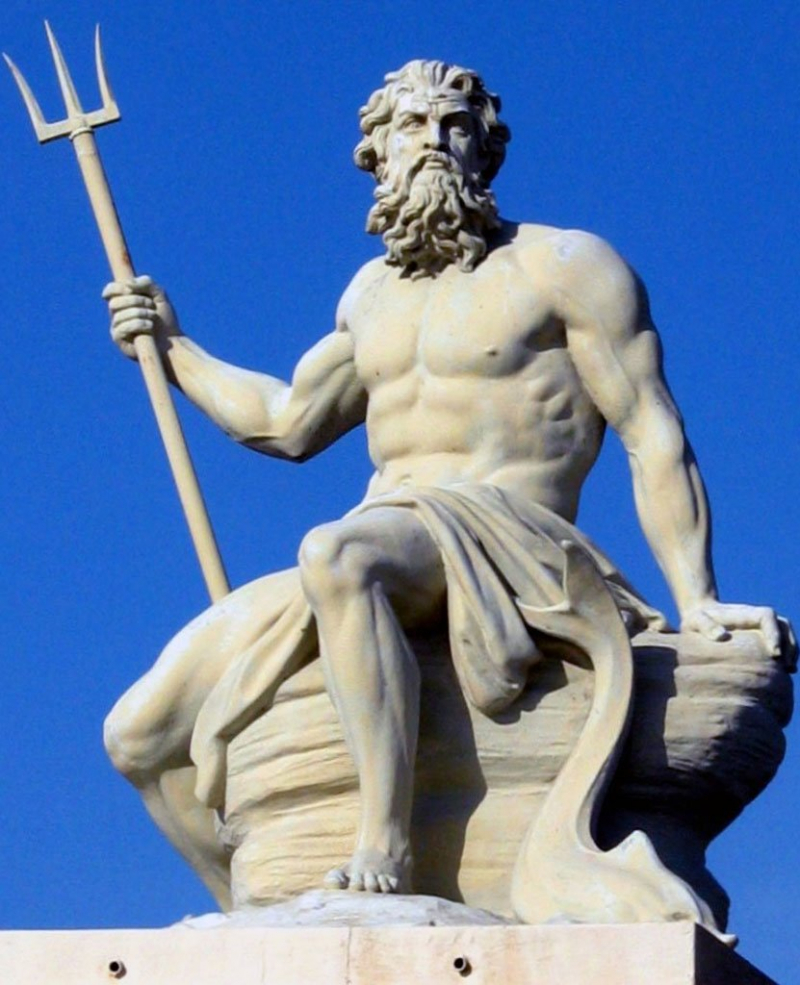
Photo: Greek Mythology - Poseidon, Greek God of the Sea -
Ares was the Olympian god of war and the son of Zeus and Hera. He often personifies bare cruelty and violence, unlike Athena, who just depicts its destructive ability. As a result, neither the gods nor the people liked him. The dog and the vulture were among his treasured creatures.
Ares' name appears to have been an ancient term for combat or war, which is very appropriate. Ares is frequently shown in art with a helmet, a shield, and either a bloody spear or a sword. He is followed by hounds or vultures and pulls a chariot with four horses. Deimos and Phobos, his sons, are occasionally shown standing beside him.
Ares was a controversial deity who never progressed past the stereotype of a godly battle-frenzy butcher, in contrast to his nobler Roman counterpart Mars. Ares was hated by practically everyone because he was the brutal god of pointless battle. Zeus once referred to Ares as "the most unpleasant of all the gods" and said that if he hadn't been his son, he would have undoubtedly perished in Tartarus alongside Cronus and the Titans. This occurs after Ares is wounded in battle by Diomedes.
On the field of combat, Ares is rarely seen by himself. Usually, he is accompanied by a gang of murderous individuals, with a few demonic companions representing the horror of battle.
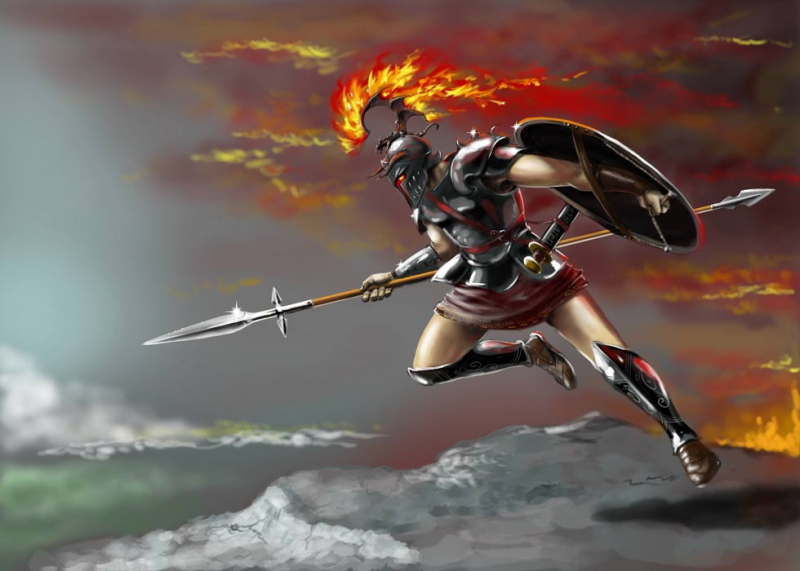
Photo: Ancient Origins - Ares: Greek God of War 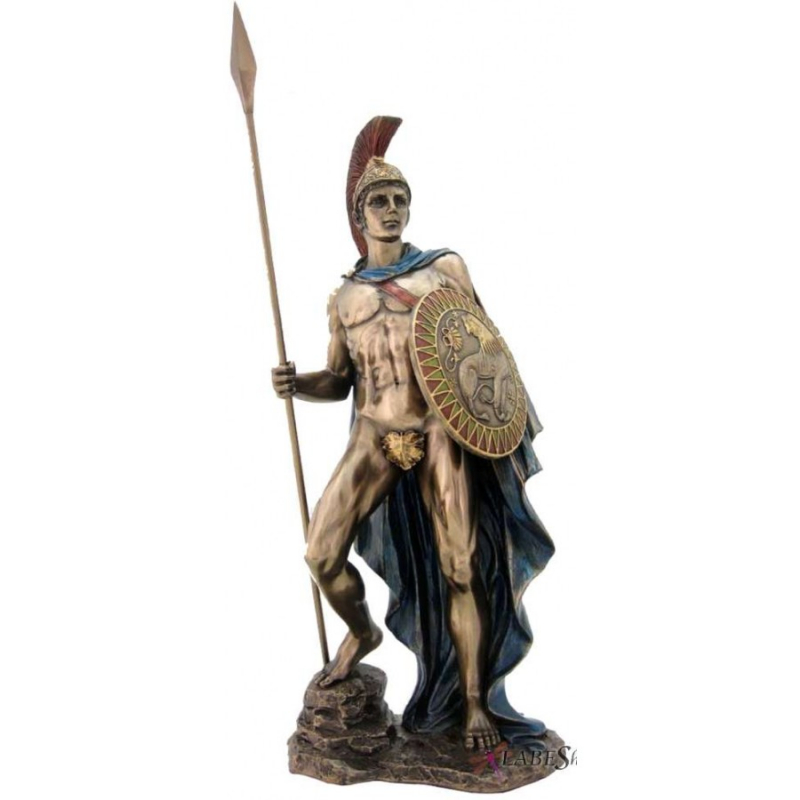
Photo: Majestic Dragonfly - Ares Greek God of War Bronze Statue -
Apollo is one of the ancient Greek Gods who represents the sun, music, poetry, art, dancing, healing, and many other things. Apollo is possibly the most influential Greek god after Zeus. He was Artemis' identical twin brother and the child of Zeus and Leto. One of the major gods, Apollo, is portrayed as being somewhat reliant on Zeus, the source of the abilities. Although Apollo has a variety of talents, they are all interconnected. On his golden lyre, Apollo provided music for the Greek gods and goddesses. Apollo is frequently referred to as "The Healer" since he taught humanity how to practice medicine and was able to treat those who were ill while also utilizing arrows to infect those who had offended him.
When Apollo is dressed with a bow and arrows, he is the deity who punishes and kills the evil and domineering. The arrows of Apollo were thought to be the cause of all unexpected deaths among males. Four days after Apollo's birth, at Mount Parnassus, the dragon Python was slain, according to Hyginus.
The pregnant Leto, a lover of Zeus, was once chased by Python, who was dispatched by Hera, Zeus's wife, so that she wouldn't be able to find a place to give birth. Apollo, Leto's kid, was already a powerful youngster when he was only four days old. Hephaestus, the blacksmith, gave him a silver bow and golden arrows, which led the young deity to resolve to slay Python in retaliation.
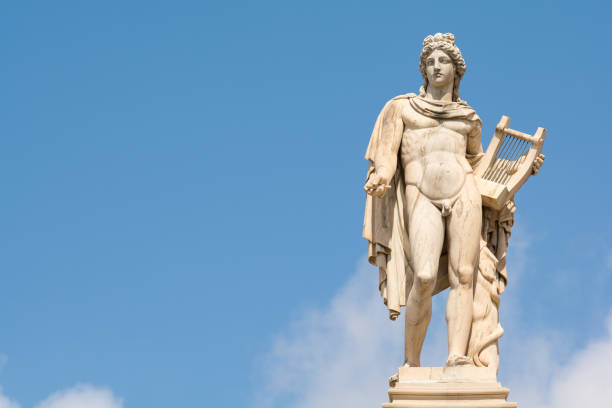
Photo: iStock - Apollo Greek God 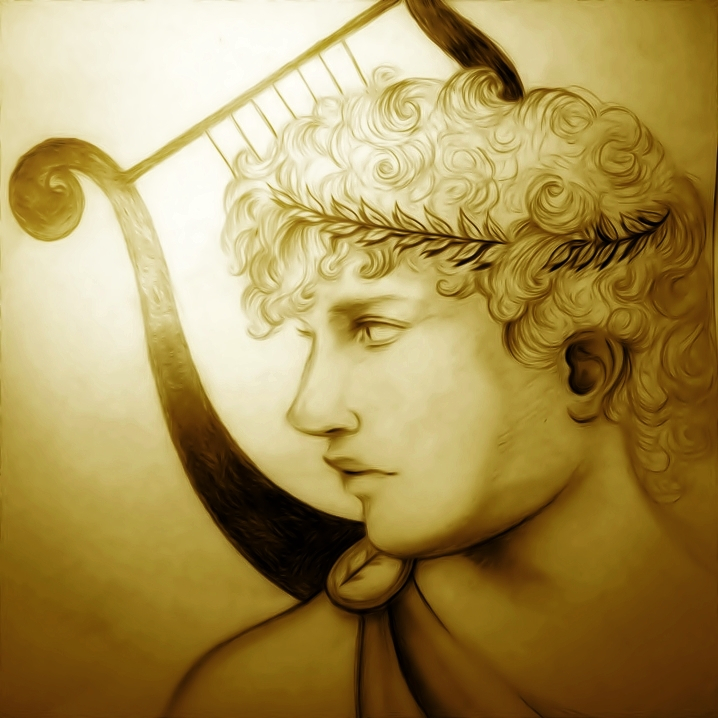
Photo: DeviantArt - Apollo God -
Hermes, the eldest son of Zeus, was chosen to be the gods' messenger because of his quickness and dependability. Hermes' winged shoes allowed him to soar and move swiftly. Travelers and traders were protected by Hermes. He is credited with developing gymnastics and boxing. He is also the deity of highways, livestock, trade, and thieves in addition to being a divine prankster. He stole Apollo's livestock on his first day of life and created the lyre as a baby.
The majority of academics believe that the Greek term herma, which meaning "a stack of stones" or "cairn," is where Hermes' name originates. In the ancient world, cairns were frequently seen as border or path markers.
Hermes was represented by ancient painters as a wise, bearded figure. Later on, nevertheless, he was shown as an athletically built naked young man with the four distinguishing features of a purse, a herald's wand (kerykeion), a broad-brimmed hat (petasos), and winged sandals (talaria). Hermes' staff, which had two similar serpents entwined around it and had small wings, had the ability to rouse individuals from slumber or put them to sleep. Hermes' wand is commonly mistakenly employed as a symbol of medicine since it is strikingly similar to and easily confused with the Rod of Asclepius.
Some stories claim that Hermes was the father of speech as well as a god's messenger. He is frequently linked to oratory or interpretation as a result. The science of interpretation is currently known as hermeneutics, from the Greek word for interpreter, hermeneus. Only Hermes, an Olympian, was able to transport the deceased's souls to Hades by bridging the gap between the living and the dead. He eventually earned the titles "the conductor" or "the leader of spirits." He was also referred to as "Argus-slayer," "shepherd of mankind," "trickster," and "patron of travelers and thieves."
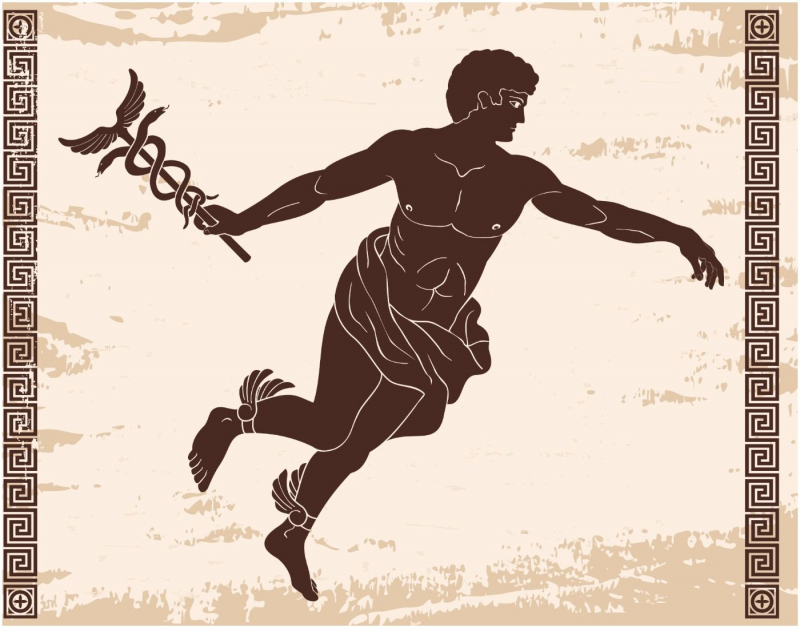
Photo: Mythology Source - Hermes - Messenger of the Gods 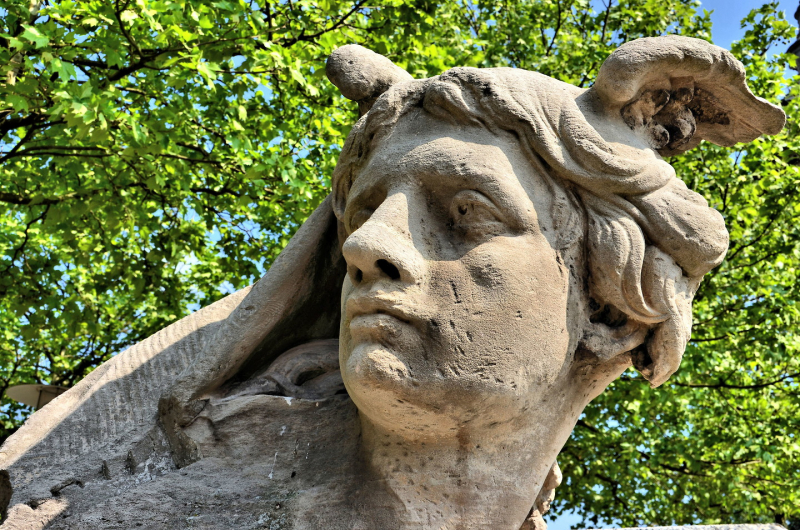
Photo: Encircle Photos - Greek Messenger God Hermes Statue in Antwerp, Belgium -
Dionysus was a fertility and wine deity who was subsequently revered as a patron of the arts. He developed viticulture as an art form and produced wine. He had two sides to him. He reflected the dual character of wine by bringing joy and divine rapture on the one hand, and harsh and blinding anger on the other. No amount of fetters could hold back Dionysus and his devotees.
The only deity with a mortal father was Dionysus, who was the son of Zeus and Semele. As he traveled the globe, Dionysus vigorously propagated his worship. He was joined by the Maenads, wild ladies who were flush with wine, had deer skin slung over their shoulders, and carried rods with pine cone tips. The devotees of Dionysus worshipped him in the woods, unlike other gods who had temples where they could be worshipped. There, they could experience bliss and go insane, tearing apart and devouring every animal they come across.
One of the very few figures, Dionysus, was also capable of resurrecting a deceased person from the afterlife. He had never seen Semele, yet he was worried about her. He eventually set out to search for her in the underworld. After defeating Thanatos, he returned her to Mount Olympus.
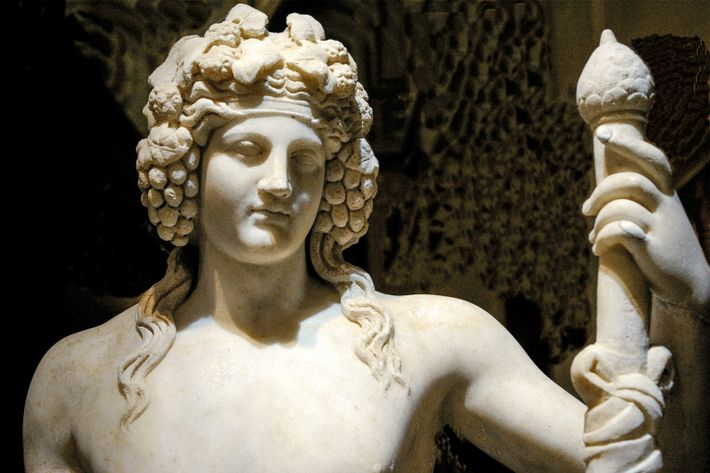
Photo: Greek Mythology - Dionysus Video: Edward Calcutt - Dionysus: God of Wine, Ecstasy and Fertility









